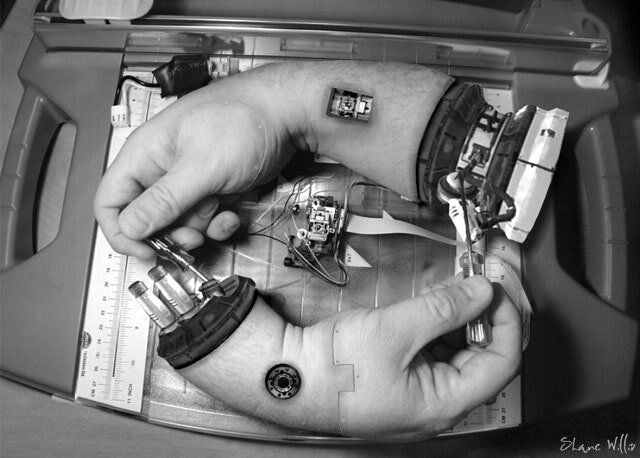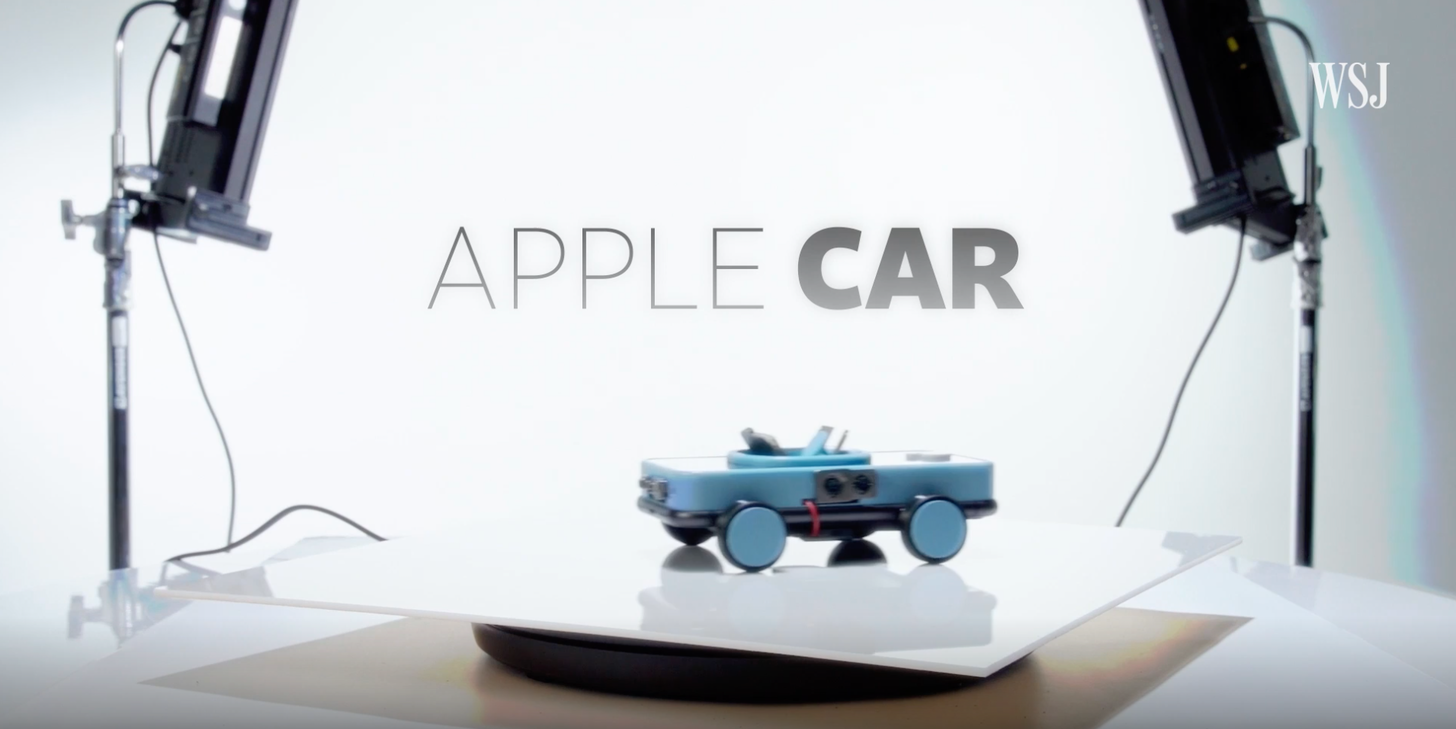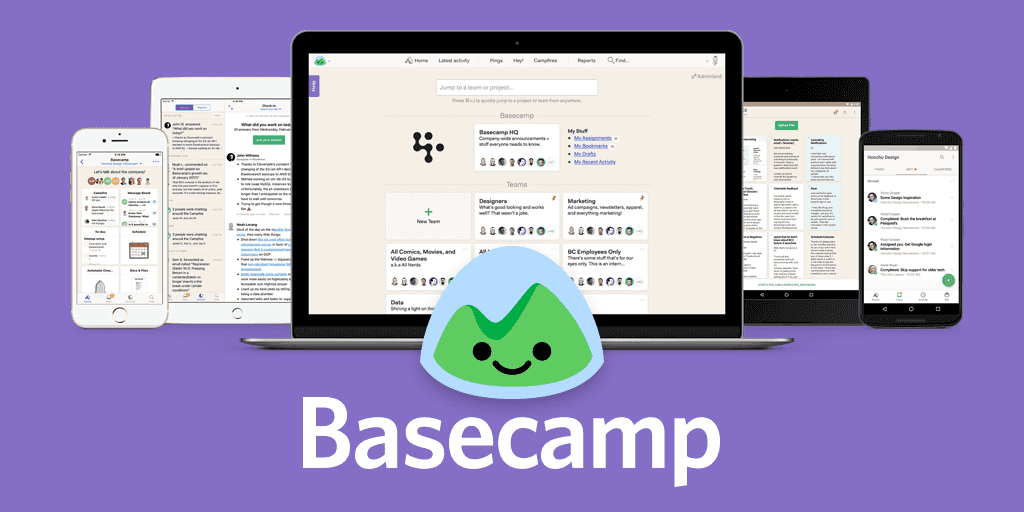2/ The difficult second album… about artificial intelligence
Mental health is based on a certain degree of tension. The tension between what one has already achieved and what one still ought to accomplish. Or, the gap between what one is, and what one should become.
— Viktor Frankl

If you read Volume 1, you’ll already know I have long believed that some form of Universal Basic Income was inevitable, for three main reasons:
- The costs of dealing with anxiety, depression and loneliness are skyrocketing, and the most efficient form of mental health support is not being broke.
- The incomprehensible waste of time and money dedicated to paper addicted ‘welfare’ departments — an army of people responsible for chasing down low income earners for not filling out a form correctly.
- Artificial Intelligence.

Hand Fixing Hand: A Tribute to MC Escher by Shane Willis
While tech luminaries remain deeply divided on where A.I will lead our species, there can be no disputing the effects of this disruptive technology will only increase in the coming decade, leading people like Elon Musk and Ray Kurzweil to co-sign this extraordinary set of A.I principles in 2017.
Which is why I was particularly interested to read Sam Altman’s recent essay entitled Moore’s Law For Everything. As the famously hard-working and ‘wicked smart’ former CEO of Silicon Valley’s most lauded accelerator program Y-Combinator, Altman had access to a view of the future very few could wrap their heads around.
Being responsible for birthing new baby unicorns on a weekly basis makes you a pretty hot commodity these days, so it may have seemed like a giant leap of faith when Altman announced he was leaving to become the CEO of OpenAI, a company he co-founded with Elon Musk in 2015.
If you can’t be bothered reading Altman’s entire thesis (which I strongly encourage you do), let me sum it up for you in two paragraphs and a video.
“The technological progress we make in the next 100 years will be far larger than all we’ve made since we first controlled fire and invented the wheel. We have already built AI systems that can learn and do useful things. They are still primitive, but the trendlines are clear”
therefore…
“We could do something called the American Equity Fund … All citizens over 18 would get an annual distribution, in dollars and company shares, into their accounts. People would be entrusted to use the money however they needed or wanted—for better education, healthcare, housing, starting a company, whatever … Poverty would be greatly reduced and many more people would have a shot at the life they want”
I, for one, don’t necessarily welcome our new robot overlords. But they’re coming anyway.
So what’s my point?
Almost none of the ‘entry level’ jobs we used to encourage kids to do as a first step on the employment ladder - candy bar attendant, checkout chick/dude etc - exist anymore, due to the incessant march of AI and robots like the all-smiling, all-dancing assassins you see above.
Sure, we will keep working on stuff, and yes of course we are already inventing new jobs to create or ‘oversee’ our new robots overlords until they inevitably crush us like the annoying mosquitos we will no doubt seem to them, but in my opinion the single best thing policy makers could do in the meantime is unlock the vast rivers of human experience by actively investigating ways to divert the traditional social welfare budget (and ideally, a small tax for the uber-rich people and/or companies) into a UBI program, much like the one Altman has outlined.
Maybe it needs a cool name like ‘Scomo’s All Australian Footy Fund’.
Or maybe we just need to watch that video again… And genuinely ask ourselves:
So, exactly which jobs will our kids do better / safer / faster than these guys?
Some things I found interesting this week

10 simple suggestions for not being a dick online, presented in a delightful way by the smart people at Monocle Magazine.

Probably not. But instead of wondering, the curious folk at Wall Street Journal engaged a very cool nerd called Thomas Forsyth to crack open an iPhone (or 3) and test it out.

In case you missed it, one of the indie tech world’s most beloved families caused a very public argument to break out this week over its handling of some changes at work. The original memo released a flood of angry responses from employees, but the take I found most interesting was this article written from the perspective of an employer and an employee at QZ. Despite everything, it was just really nice to have two sides of the same argument, presented together.
PS. While waiting to board a plane this morning, I sent out a few tweets about my experience presenting at Southstart festival in Adelaide. I’d love to know if I missed anything etc, so feel free to hit reply.
— Murray

